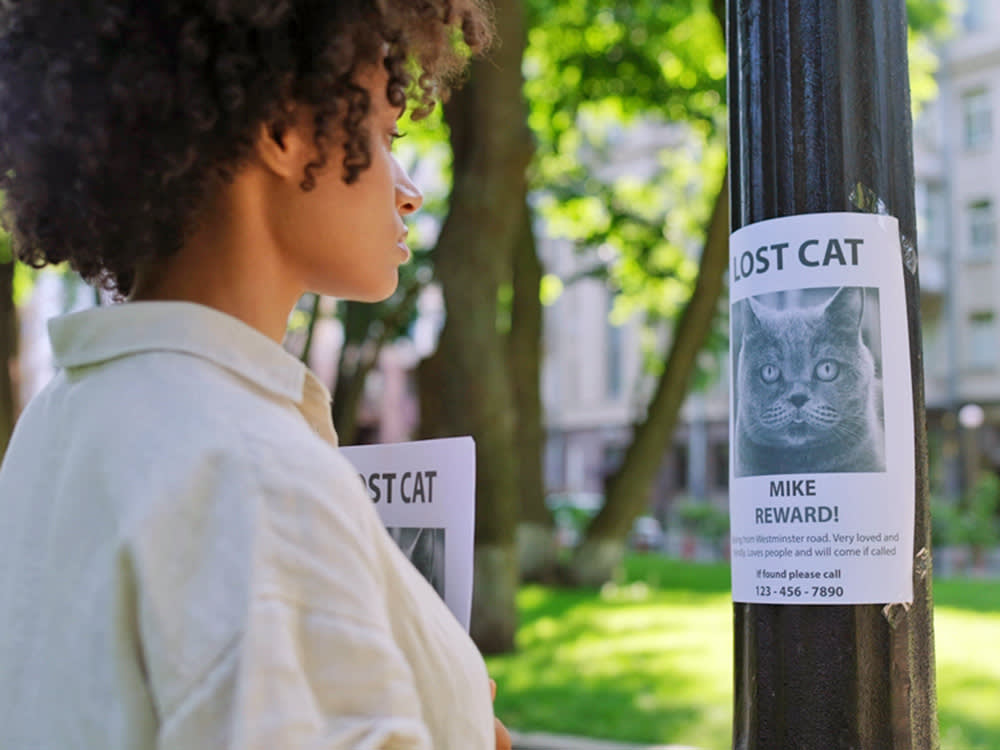How pet parents keep their cool
Featured

27 Mother’s Day Ideas For All the Cat Moms Who Secretly Want a Gift
Custom ceramics, whimsical puzzles, feline-themed kicks, clutches, candles, and more.

Dog-Friendly Los Angeles Guide: It’s Lights, Camera, Action for Your Pup
From breweries with dog menus to pup-friendly music venues and beaches where your travel companion can run off-leash.
News
- lifestyle|To the Rescue
- lifestyle
- health
Got a new pet? Here’s what to do.
Let’s be real. Welcoming home a new dog or cat is a very cute but very crazy time. Thankfully, we’re here to help with a nifty new pet parent to-do list.
Get Startedopens in a new tab
A Month Spoiling a Rescue Pit Bull on a $75,000 Income—Mugs With Her Face on Them Included
opens in a new tabPetty Cash is a new series where we find out just how much real people are spending on their pets.
Read more, then submit your own story!opens in a new tabThe Latest

Can Cats Get “Jacked” on Steroids? Matt Damon Says His Did
The Oscar winner says his cat was prescribed life-saving steroids and is now “like Arnold Schwarzenegger.” Could that be true?

What People Can and Can’t Ask You About Your Service Dog
The questions will come, so you should be prepared with answers.

Dogs Are Contracting an Illness From California Lakes and Rivers
Vets advise keeping your pup away from raw fish caught in rivers and lakes.
Most Popular
- lifestyle
- behavior
- lifestyle|Heavy Petting
- lifestyle
- lifestyle
- lifestyle
Ask a Vet
Pet health question that’s not an emergency? Our vet team will answer over email within 48 hours. So, go ahead, ask us about weird poop, bad breath, and everything in between.
Health & Nutrition

Two Georgia Dogs Died After Consuming the Toxic Sago Palm
It looks cute, but this plant is incredibly deadly to dogs. Here’s everything you need to know.

Can Dogs Get Fevers?
What to do to help them cool down and feel better.
What to do to help them cool down and feel better.
Behavior & Training

Why You Shouldn’t Be Skeptical of Positive Training Methods
It is powerful enough, even for the tough cases, and it is the best choice—here’s why.
It is powerful enough, even for the tough cases, and it is the best choice—here’s why.

Yes, It’s True: Study Says Cats Love People Who Don’t Like Cats
It’s not all in your head.
It’s not all in your head.
Get your fix of The Wildest
We promise not to send you garbage that turns your inbox into a litter box. Just our latest tips and support for your pet.
Lifestyle

The Perfect Cat for Every Astrological Sign
Are you a good match for an extroverted, social kitty — or a little Miss Independent?

Do You Have a Lost Cat? Here Are the 8 Steps to Take Right Now
Follow these expert tips so your bestie can come home ASAP.
Follow these expert tips so your bestie can come home ASAP.

Your Comprehensive Guide to Eco-Labels on Pet Products
Here are the sustainability buzzwords you should look out for on the packages of your fave products.
Here are the sustainability buzzwords you should look out for on the packages of your fave products.
Shopping

21 Mother’s Day Gifts That Dog Moms More Than Deserve
Custom pet portraits, adorable sweaters, self-care essentials for both mom and pup, and more.

11 Eco-Friendly Pet Grooming Products
Package-free brushes, plant-based wipes, certified-organic shampoos, and more.
Package-free brushes, plant-based wipes, certified-organic shampoos, and more.

What Are the Best Dog Nail Clippers?
Finally—you won’t dread at-home grooming time.
Finally—you won’t dread at-home grooming time.
Animal Welfare

Congress Orders the Department of Veteran Affairs to Stop Testing on Cats and Dogs
Under new legislation, all experiments on dogs, cats, and primates must end by 2026.

Why Kitten Season Is Getting Longer and More Intense Every Year
And what you can do to help.

Los Angeles Bans New Breeding Permits Due to Shelter Overcrowding
Local lawmakers think breeding has gotten out of control.
New Dog Training 101
Look, new dogs are cute. But they’re also little alien monsters who have descended to destroy our furniture and our sleep. Still, we love them. Luckily, this program covers all the basics, from potty training to proper socialization—all through positive reinforcement. Time to stock up on treats!
Start Trainingopens in a new tab
Our editors and experts created the ultimate guide to the best products in pet care. Check out the winners—and snag some discounts too.


